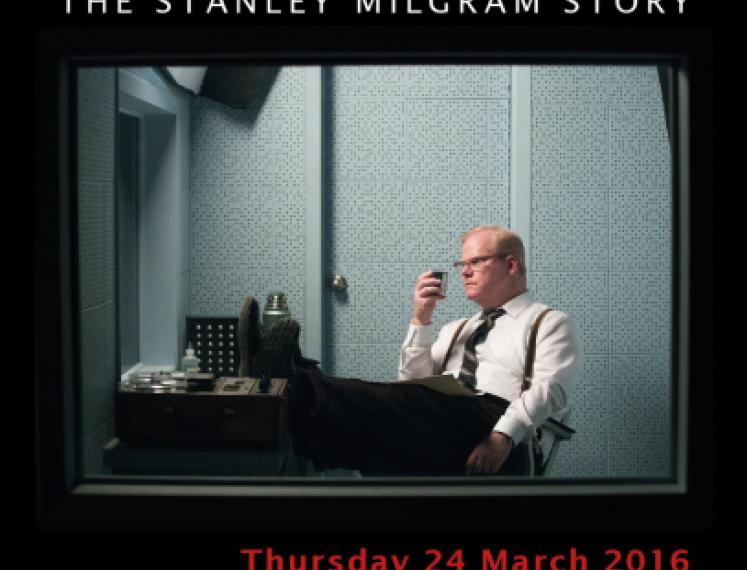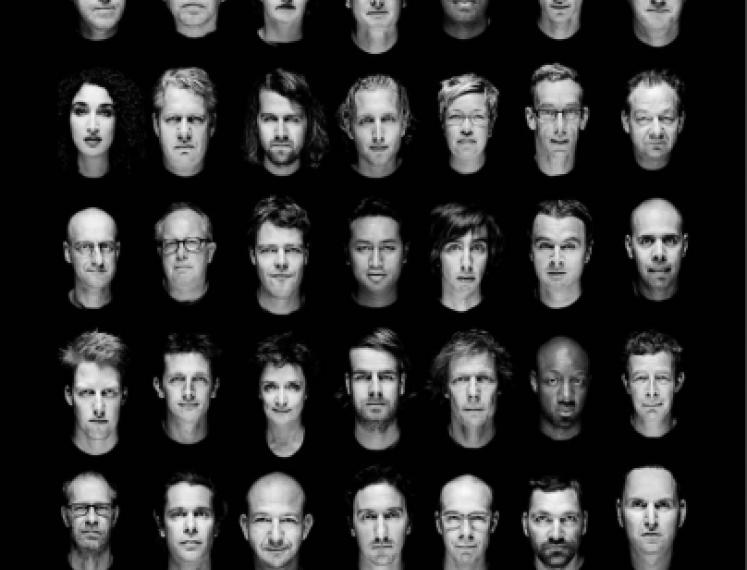The Origins of Sex
Three hundred years ago our entire world view was shattered by revolutionary new ideas: that sex is a private matter, that morality cannot be imposed by force and that men are more lustful than women. The private lives of both sexes were to be endlessly broadcast and debated, in a rapidly expanding universe of public media. Nowadays we believe that consenting adults have the freedom to do what they like with their own bodies. We think it wrong that in other cultures people suffer for their sexual orientation, that women are treated as second-class citizens, or that adulterers are put to death. Yet until quite recently our own society was like this too. For most of western history, all sex outside marriage was illegal, and the church, the state, and ordinary people all devoted huge efforts to suppressing and punishing it. In the eighteenth century, that world view was shattered by revolutionary new ideas - that sex is a private matter; that morality cannot be imposed by force; that men are more lustful than women. From then on, the private lives of both sexes were to be endlessly broadcast and debated, in a rapidly expanding universe of public media: newspapers, pamphlets, journals, novels, poems, and prints. The creation of this modern culture of sex was a central part of the Enlightenment, intertwined with the era's major social, political and intellectual trends. It helped create a new model of Western civilization, whose principles of privacy, equality, and freedom of the individual remain distinctive to this day.
Faramerz Dabhoiwala was born in England, grew up in Amsterdam, and was educated at York and Oxford. He is the Senior Fellow in History at Exeter College, Oxford and a Fellow of the Royal Historical Society
Interesting links
Homepage Faramerz Dabhoiwala: Dabhoiwala
Volkskrant: Interview Faramerz Dabhoiwala (in dutch)
New York Times: Article on The Origins of Sex
Amazon: The Origins of Sex



